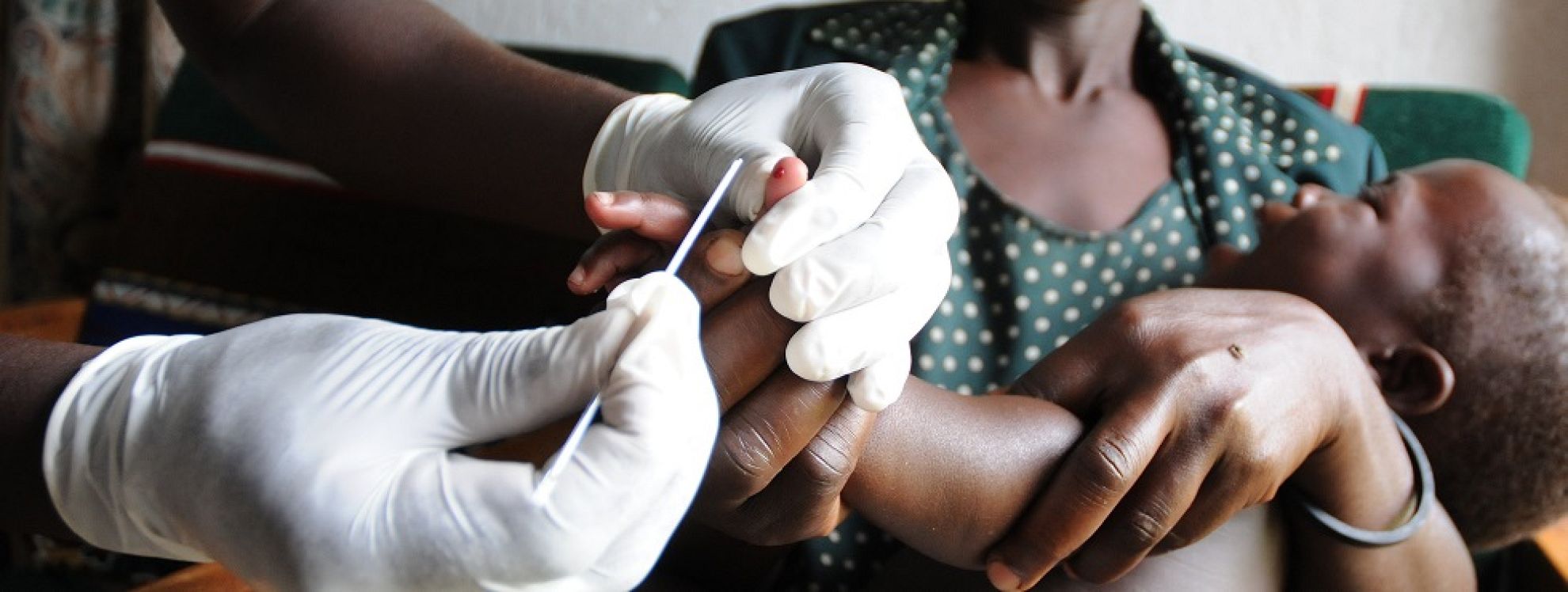
Governments and partners in Africa discuss moving towards malaria elimination
10 June 2015Maputo, 10 June
“We must acknowledge that prioritising between competing elements is not easy and it is only through confidence in timely evidence, driving a stratified response, with cooperation across borders, supported by adequate resources that malaria will continue to get the right attention and this acceleration to elimination will be achieved,” said Malaria Consortium Chief Executive, Charles Nelson, during a keynote speech at the opening of the 14th National Malaria Control Programme (NMCP) Best Practice Sharing Workshop being held in Maputo this week.
The annual meeting brought together experts and leaders from over 35 African countries to discuss the strategies and tools needed to move from malaria control to elimination. Discussions referred to the new World Health Organization ‘Global Technical Strategy and Targets for Malaria 2016-2030’, which aims to speed up progress in the global fight against malaria.
At the meeting, participants reviewed advances in technology made to date and how tools can be implemented and improved to achieve the new WHO objective of a 90 percent reduction in malaria cases and mortality rates by 2030.
The two day conference was convened by Novartis, with support from the WHO, The Global Fund to Fight Aids, Tuberculosis and Malaria, and Malaria Consortium, and provided a platform for driving and maintaining progress in a changing and uncertain landscape. “These meetings have been designed for NMCP members by NCMP members, to develop new ideas and strategies to achieve elimination of this deadly disease,” said Dr. Linus Igwemezie, Head of the Novartis Malaria Initiative.
Since 2000, eight countries have been declared ‘malaria free’ and many more are on the road to elimination. In some countries, malaria is no longer considered a high burden disease and resources are being reallocated elsewhere. Yet, there is still a need for increased funding, improved surveillance and the necessary tools and strategies to reach the most vulnerable populations.
“We currently have at our disposal the tools to prevent anyone dying from malaria,” said Mr. Nelson. “Not 10 years ago we had to tell the world that a child under five was dying somewhere every 30 seconds. Now it is 60 seconds, but that is still unacceptable. There has been major progress since 2000 with the wider application of approved interventions.” He added, quoting Alan McGill of the Bill & Melinda Gates Foundation: “As we move to elimination, ‘every case needs to be an emergency and every parasite eliminated with prejudice’ and strong surveillance systems will be a pre-requisite.”
To read the full transcript of the Keynote speech click here.
Keywords: Advocacy and policy
Related content
24 April 2015
World Malaria Day 2015: more funds needed at crucial moment in development history
15 January 2015European Year for Development launches amidst growing public support for aid
9 June 2015Malaria Consortium welcomes the G7 commitment to fighting neglected tropical diseases and antimicrobial resistance
Latest news
- Malaria Consortium honoured by Ugandan government for contribution to combat malaria23rd April 2024
- International summit calls for AMR accountability in public health interventions21st March 2024
- Global SMC community celebrates new milestone at SMC Alliance Annual Meeting in Nigeria6th March 2024
- Scaling up key interventions could halve pneumonia-related childhood mortality13th February 2024
- Malaria Consortium and eGov Foundation join Mozambique’s national malaria programme to digitalise seasonal malaria chemoprevention campaigns8th February 2024
- World’s first malaria vaccine rollout launched in Cameroon22nd January 2024